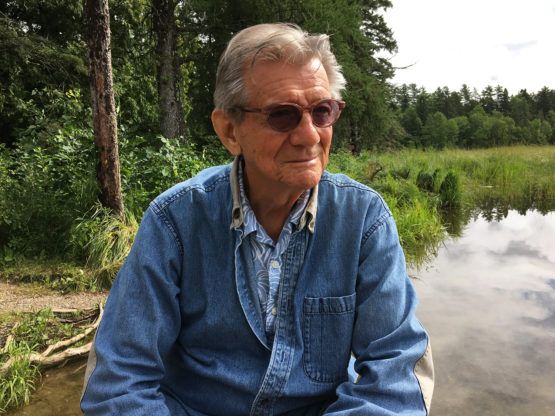

Can you talk about your background?Įlissa-I am a member of the Cowlitz Indian tribe. My mind simultaneously tends to focus on the small part of an essay, and the larger whole at the same time.Īlex-This is a very personal and intimate collection of essays, which of course is natural for the essay form.

That’s probably part of why I wrote it this way. I think I would get bored, or I would exhaust my approach very quickly. I can’t really see myself writing something that’s not like that. But I think I need for my full length books to have a really wide range of formal approaches, narrative questions, and ways into my subject. So, you’re kind of playing with those two forms, right?Įlissa-Yes, I think this is the book format I’ve always been drawn to as a writer, not necessarily as a reader, my tastes are pretty wide in my reading. This book has quite a few sources of research and criticism-to name a few, the Fleetwood Mac song, “Silver Springs,” the Claymation video, The Adventures of Mark Twain, a video from the DARE program that seems to not exist at all on the internet, but is very present in my memory, and a treaty with the US government signed by one of my ancestors.Īlex-I was expecting a collection of essays, but it’s very clear from the beginning that it’s more of a narrative, almost literary book, but in essay form. I’m an essayist who writes about personal experience using research and cultural criticism in order to inform my investigation of self, memory, and my personal history. The essays take different forms, and could be read separately for the most part, but they really are meant to live together and be experienced together.

All of its parts are meant to speak to each other. I think of it as both an essay collection and a book that is just one very long essay, in that everything is meant to work together as a unified whole. Washuta spoke about White Magic, how the internet changed her life, and the real witchery of the writing process.Įlissa- White Magic is an essay collection about land, heartbreak, colonization, and witchery.


 0 kommentar(er)
0 kommentar(er)
